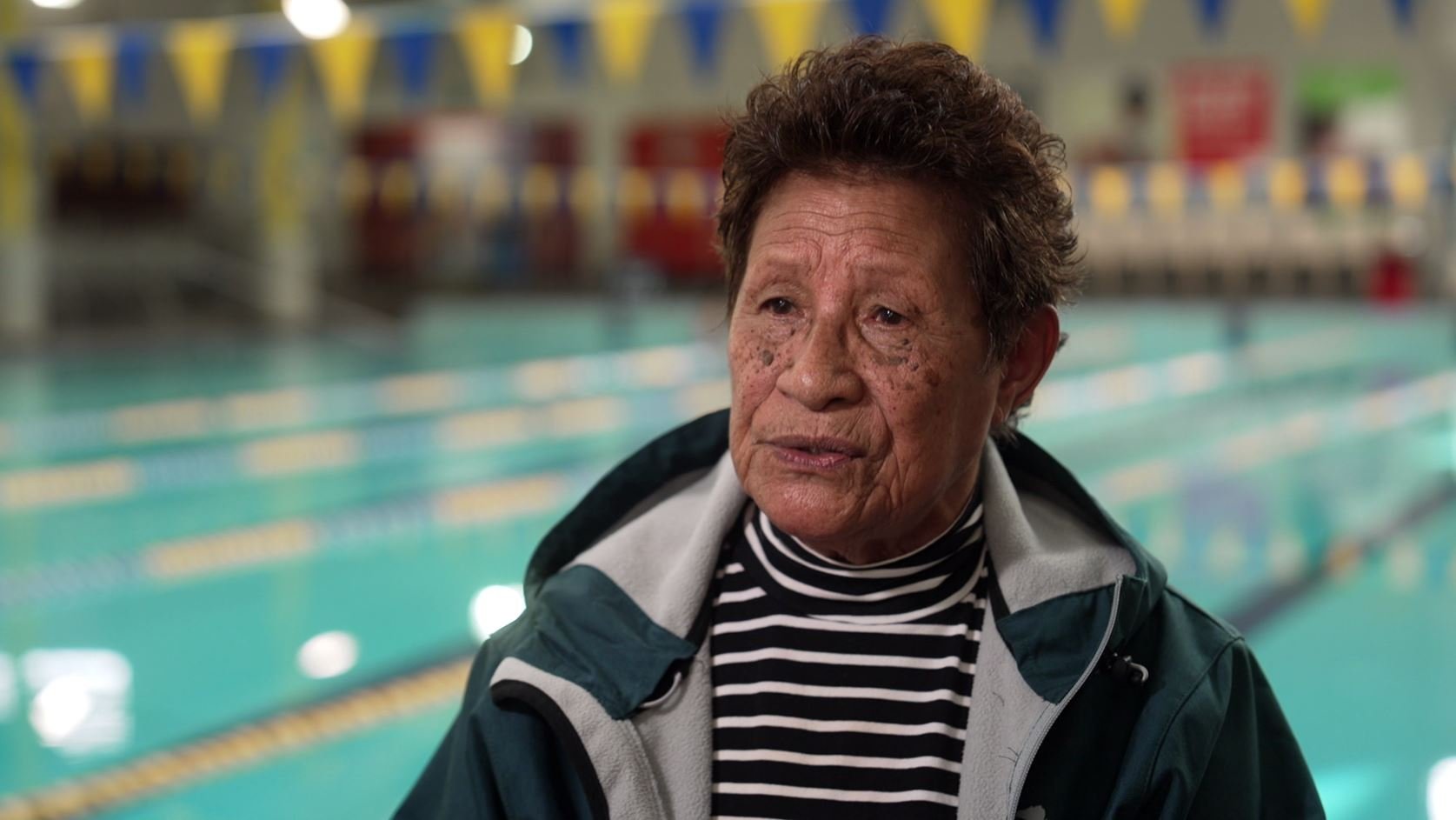Public Interest Journalism funded through NZ On Air

The mental health workforce in New Zealand is facing a critical shortage, and there is a pressing need to recruit with ample opportunity for Pasifika and Māori workers.
According to a report published in the New Zealand Medical Journal, even with increased funding, approximately 10% of mental health positions remain vacant, and nearly half of the existing workforce is over the age of 50.
It is clear that filling these vacancies solely with individuals who possess tertiary degrees in health sciences is no longer a viable solution.
Professor Roger Mulder emphasises the importance of incorporating Pasifika and Māori knowledge and culture into the mental health workforce.
“Mental health is intricately linked to culture and spirituality. It is not as simple as fixing a leak; for many people, their mental well-being is entwined with their cultural background,” he says.
“We need mental health services that are accessible to all, but it is crucial to have professionals from Pasifika and Māori communities. This creates a more welcoming environment and reduces feelings of exclusion,” adds Mulder.

The Professor from Otago university says individuals with personal experience with mental illness and a deep understanding of Pasifika and Māori culture, candidates should be provided with paid on-the-job training to prepare them for these vacant positions.
“We should consider implementing an apprenticeship model that combines work and training simultaneously.”
This would allow aspiring mental health professionals from Pasifika and Māori communities to acquire the necessary skills and experience without sacrificing years of earning potential to complete a university degree and subsequent training.
The shortage of Pasifika and Māori workers in the mental health workforce is a pressing issue in New Zealand. To bridge this gap, it is essential to recruit individuals with relevant attributes and provide them with paid on-the-job training.
“By integrating cultural knowledge and experiences, mental health services can become more inclusive and effective in meeting the diverse needs of the population,” he says.
The apprenticeship model proposed by Professor Mulder offers a potential solution to enable aspiring professionals to enter the field while maintaining financial stability.






















































































